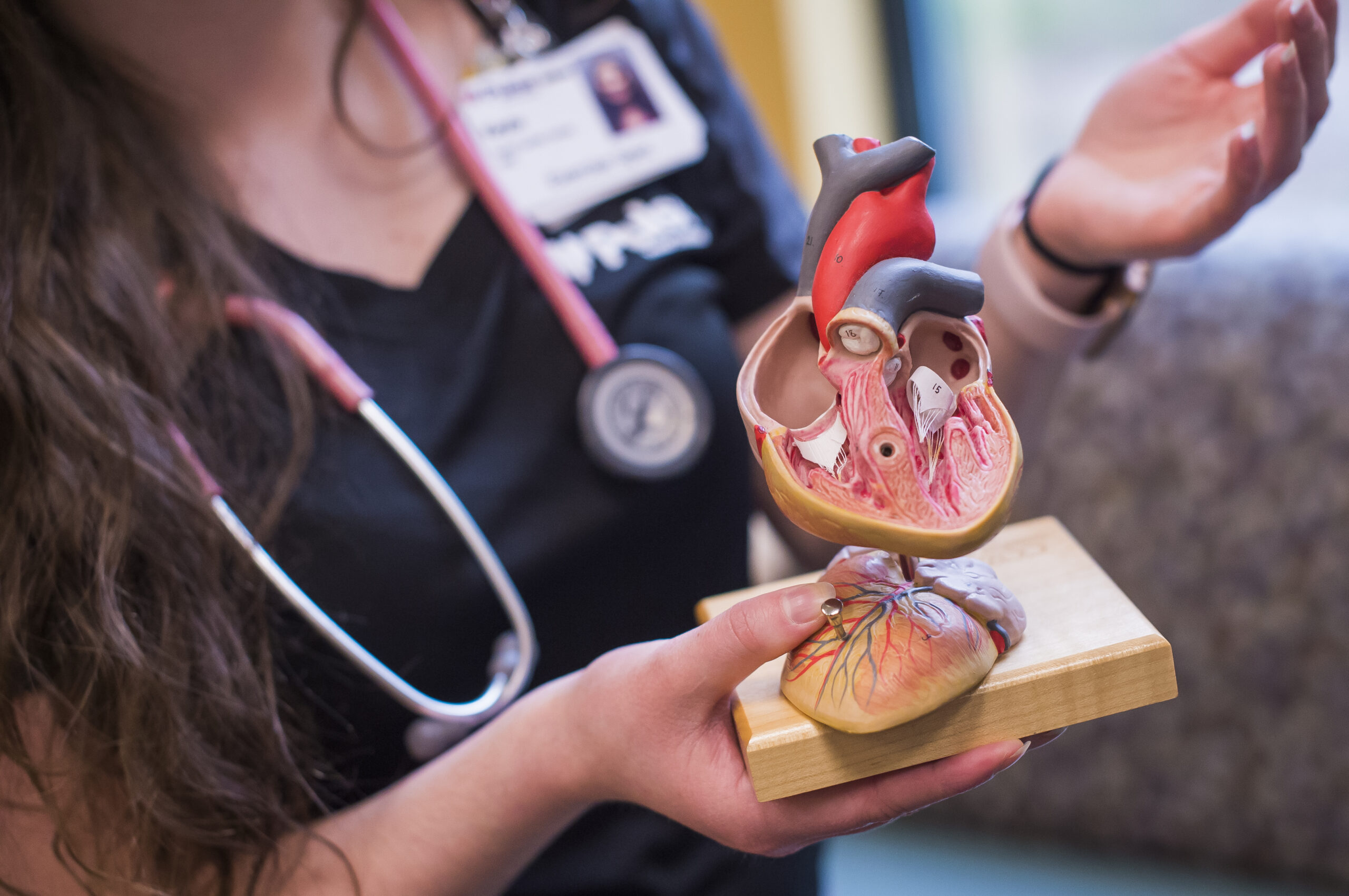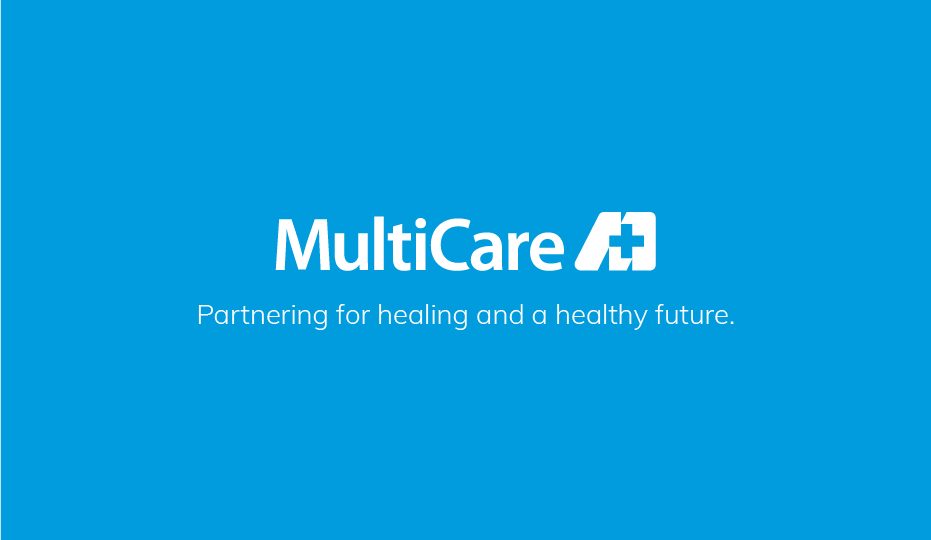TACOMA, Wash. – MultiCare’s Pulse Heart Institute is starting 2019 with two new treatments that will make treatments simpler, safer and shorten recovery times for cardiac care patients.
New cryoablation treatment
The Heart Rhythm Center of excellence is providing a new treatment option for drug refractory paroxysmal atrial fibrillation patients using the Medtronic Arctic Front Cryoablation system. The previous treatment was pulmonary vein isolation via radiofrequency ablation, which uses high frequency energy to heat the heart tissue and create a scar. The new cryoablation technology, which became available to patients in December, allows Pulse to use extreme cold to achieve the same results while reducing procedure times. This adds an additional tool for performing ablations and expands treatment to the pediatric population as well.
Jeffrey Ho, MD, electrophysiology cardiologist, says that cryoablation is a safe and effective treatment for cardiac arrhythmias including atrial fibrillation and supraventricular tachycardias.
This specialized procedure is performed at the MultiCare Tacoma General Hospital Electrophysiology Lab by Dr. Ho along with Tariq Salam, MD, and Rakesh D’Souza, MD, supported by a specialized team of registered nurses and electrophysiology technologists. In fact, Tacoma General Hospital is the only hospital in the Pacific Northwest to require all technologists assisting in electrophysiology procedures have specialized credentials in electrophysiology (RCES and/or CEPS). This ensures a highly competent health care team that provides the best care for patients.
MitraClip valve repair
The Structural Heart Disease center of excellence launched the Transcatheter Mitral Valve Repair program Dec. 5, 2019, and has already performed several successful MitraClip procedures. MitraClip is a less invasive treatment option for patients who suffer from mitral regurgitation but do not qualify for mitral valve surgery.
Unlike open heart surgery, the MitraClip procedure does not require opening the chest and temporarily stopping the heart. Instead, the mitral valve is accessed with a catheter that is guided through a vein in the leg to reach the heart. Clinical data has demonstrated an immediate reduction of mitral regurgitation and a significant improvement in symptoms in patients who are treated with this procedure. The less-invasive procedure also offers a shorter hospital stay and recovery period, as well as a reduction in hospital visits for heart failure.
”The MitraClip opens up a therapy to patients that are not able to have open surgery, and offers them an improvement in their quality of life by treating their mitral regurgitation, alleviating the extra burden on their heart and lungs,” says Kurt Kinney, MD, an interventional cardiologist. “The clip also offers a much quicker recovery time than an open surgery, which is important in our aging population. It is just one more way that technology has improved our lives.”
This multidisciplinary program is led by Dr. Kinney, Chris Greenman, MD, and Dennis Nichols, MD, with participation from anesthesiologists, registered nurses, echosonographers and cath lab technologists.
About MultiCare
MultiCare Health System is a not-for-profit health care organization with 13 hospitals and more than 26,000 team members. We are committed to achieving our mission of healing and a healthy future and delivering world-class health outcomes and an exceptional experience.
As one of the largest community-based, locally governed health systems in Washington state, our comprehensive system of health includes numerous primary care, urgent care and dedicated specialty services. For more information, follow us on Facebook, Instagram, Twitter or LinkedIn.


